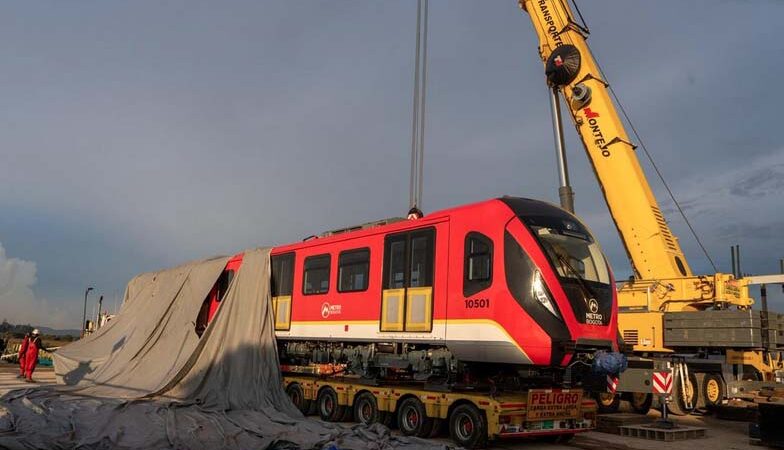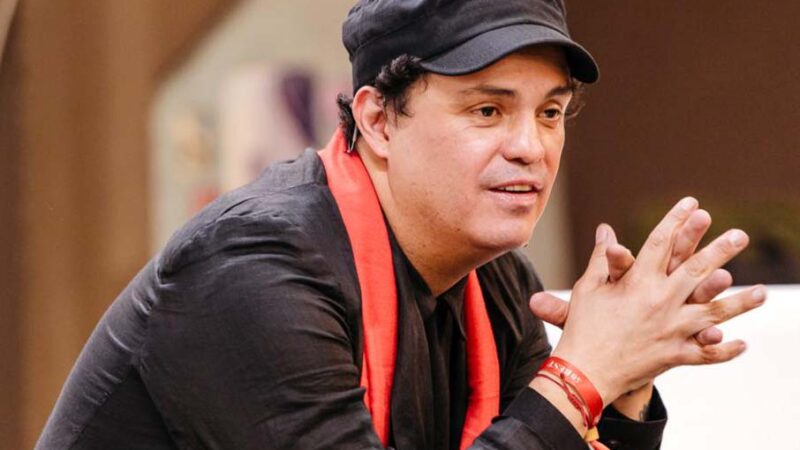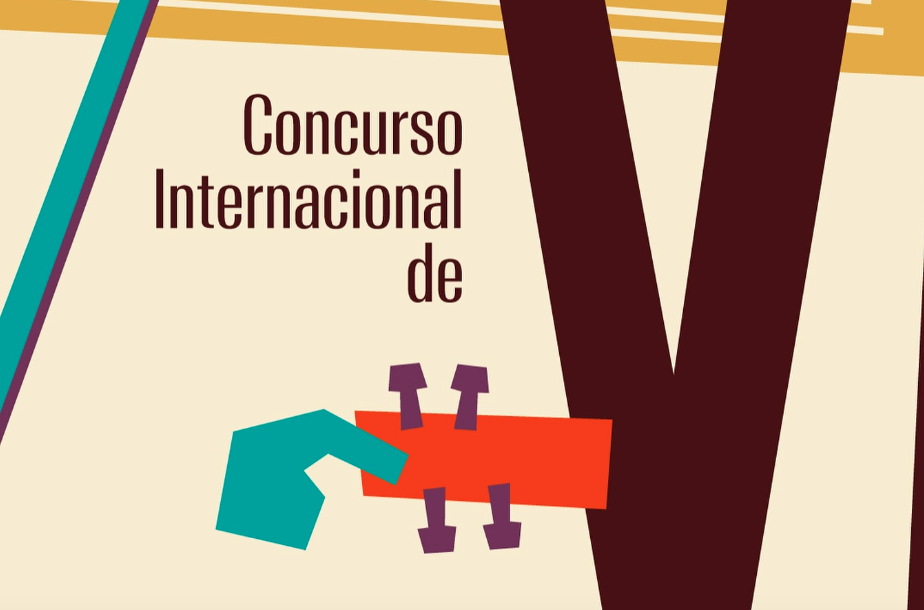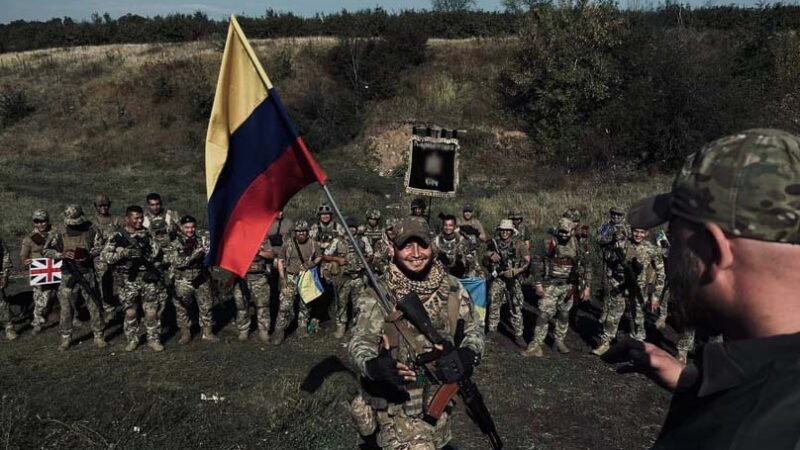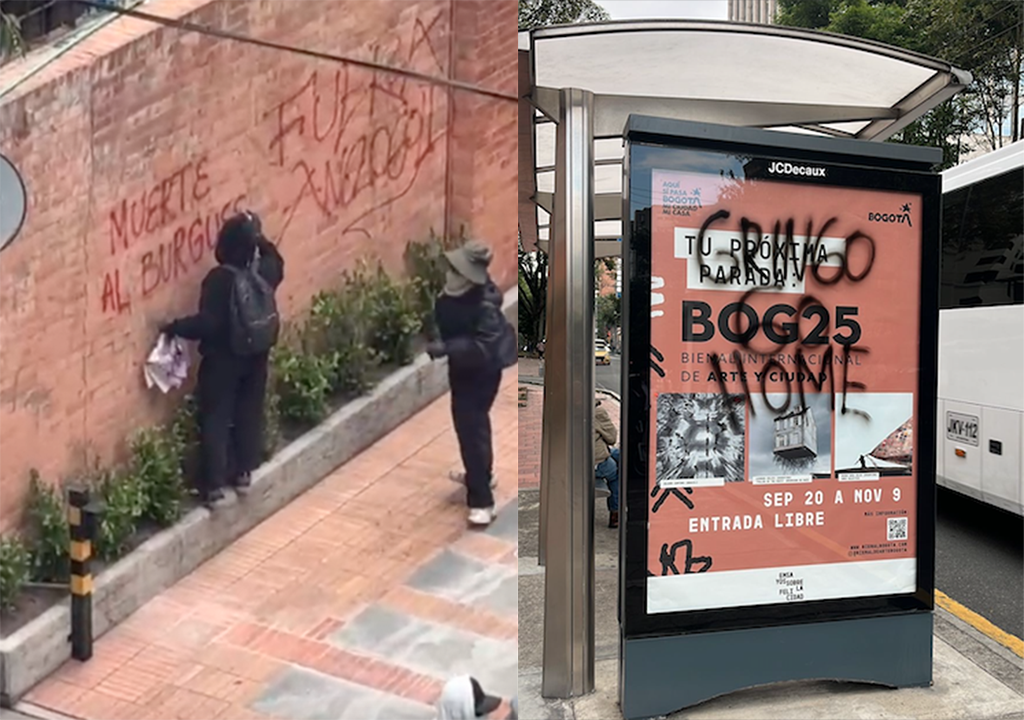
Colombia’s president Gustavo Petro has ordered the expulsion of Israel’s entire diplomatic mission from Bogotá after two Colombian women were detained during an Israeli raid on a humanitarian flotilla bound for Gaza. But the decision has sparked a volatile backlash on the streets of the capital, where a rash of vandalism and inflammatory graffiti has alarmed residents, business leaders and members of the foreign diplomatic corps.
Petro announced the expulsion late on Wednesday, calling the detention of Manuela Bedoya and Luna Barreto aboard the Global Sumud flotilla “a new international crime” by Israel’s prime minister Benjamin Netanyahu. “If this information is true, there is a new international crime of Netanyahu. The free trade agreement with Israel is denounced immediately. Out goes the entire diplomatic delegation of Israel in Colombia,” Petro declared.
The two Colombians were aboard the HIO, one of about 40 vessels intercepted by Israeli forces. The flotilla, which included more than 400 activists from around the world, was attempting to breach Israel’s blockade to deliver aid. Verified footage showed armed soldiers boarding the boats at night as passengers raised their hands in surrender.
Petro, one of Israel’s fiercest critics on the world stage, once again accused Netanyahu of fascism, quoting Hannah Arendt and warning that “Hitler is alive in the politics of the world.” On social media, he called for international mobilization, urging: “Bogotá takes to the streets for our Colombian women kidnapped for daring to show human solidarity. Youth around the world should summon us to a general strike.”In Bogotá, the international crisis has been mirrored by increasingly confrontational protests. On Monday afternoon, masked demonstrators defaced the red-brick facades ofpartment blocks and retail outlets between the affluent Avenida Chile (Calle 72) corridor — home to diplomats, foreign residents and luxury shopping centers — and “Zona Rosa” (Calle 82).
Much of the graffiti bore slogans such as “Death to the bourgeois,” “Gringo go home,” “Fascists dead,” and “We will return for what was taken from us.”
Later, without any police intervention, vandals attacked bus stops of the TransMilenio transport system, forcing service disruptions. Authorities said the disturbances were linked to the so-called “Carnival March of the National People’s Summit,” a demonstration that quickly descended into destruction.
City officials have warned that the wave of defacement and hate speech is intimidating foreign communities and tarnishing Bogotá’s reputation. “These are intimidating and frightening episodes,” said César Restrepo, the capital’s secretary of security, describing the acts as “unacceptable incitement to violence.”
Business leaders in the crossfire
The fallout has also extended to Colombia’s corporate sector. On Tuesday evening, pro-Palestinian demonstrators gathered outside the headquarters of the Asociación Nacional de Empresarios de Colombia (ANDI), the country’s most powerful business association, to denounce what they claimed were ongoing economic ties with Israel.
Bruce MacMaster, ANDI’s director, strongly rejected the accusations. “We have no commercial relationship with Israel, nor any link to the Gaza conflict,” he told Caracol Radio, insisting the association is being deliberately targeted.
Despite this, protests have continued to focus on the private sector as well as diplomatic channels. Former environment minister Susana Muhamad, a close Petro ally, voiced her support for the mobilization outside ANDI’s offices.
The events mark a dramatic escalation of Colombia’s rupture with Israel. In May this year, Petro severed diplomatic ties; now, with the expulsion of the remaining Israeli delegation and the suspension of the free trade agreement, he has taken one of the most radical stances in Latin America.
Israel has defended its interception of the flotilla, insisting the activists had entered an “active combat zone” and were violating a lawful blockade. Humanitarian aid, it said, could be channeled through secure corridors. Hamas, by contrast, hailed the flotilla and condemned the raid as “a criminal act.”
The violence and vandalism spreading across Bogotá raise broader questions about whether Petro is using foreign policy crises to stoke domestic unrest — and to his own political advantage. Critics point to his record during the 2021 Paro Nacional, when his calls for mass mobilization against then-president Iván Duque spiraled into months of violent protests that destabilized the conservative government, and catapulted Petro into the national spotlight ahead of his 2022 victory.
With Colombia’s next general elections due in 2026, some analysts fear Petro is once again weaponizing the streets — urging “general strikes” and encouraging demonstrations that spill over into destruction — in order to consolidate his base and intimidate the capital’s elites. The comparison with the Paro Nacional is not lost on Bogotá residents, many of whom remember the paralysis, looting and police crackdowns that accompanied those protests.
New rallies have already been announced for October 7 outside the U.S. Embassy, one of the most fortified compounds in Bogotá. For diplomats, business leaders and residents in the city’s upscale districts, the prospect of anti-Israel and now anti-American protests has fueled anxieties that Colombia’s solidarity with Gaza is being deliberately channeled into a broader climate of confrontation.
Whether Petro’s strategy can unify base around one international cause, or generate even further rejection of his reform agenda , one reality is becoming all too clear: Colombia’s foreign policy on Gaza is no longer being fought on the streets of New York or the waters of the Mediterranean – but in the graffiti-stained streets and uneasy neighborhoods of the capital.
Share this story
Richard Emblin
Richard Emblin is the director of The City Paper.





